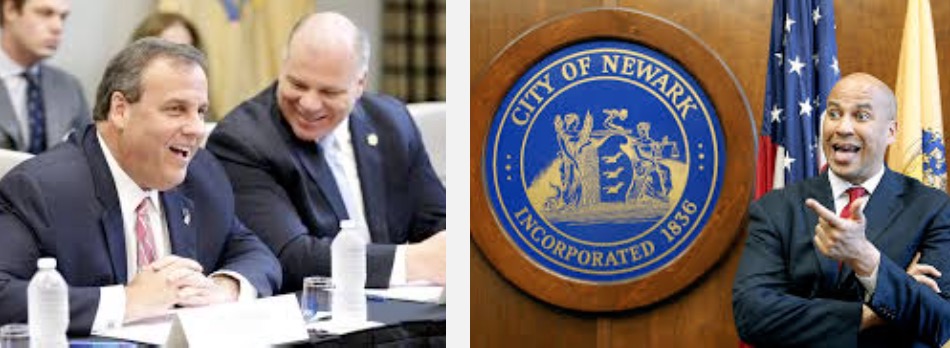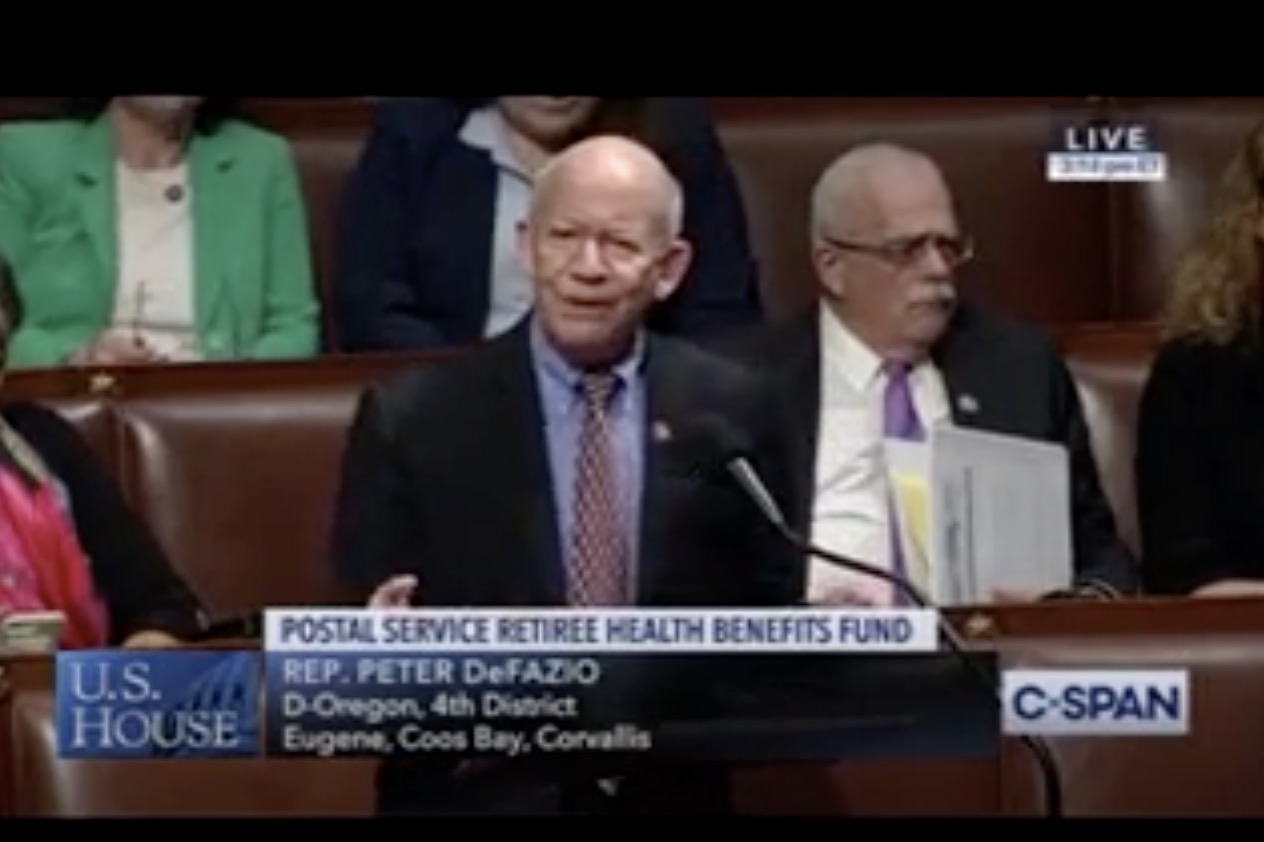The Post Office being the major equity engine it is, put it on the Conservative hit list a while back. Its intentional destruction has reached critical proportions.
Christie’s dismal record on union/labor rights just got worse
 Christie has assaulted vulnerable New Jersey residents and labor rights all the years of his governorship. Next City shares the low-down on what Christie’s gotten away with, and how he’s done it.
Christie has assaulted vulnerable New Jersey residents and labor rights all the years of his governorship. Next City shares the low-down on what Christie’s gotten away with, and how he’s done it.
Take public education: having promised when he was campaigning to take care of New Jersey’s teachers, after getting into office Christie proceeded to systematically destroy public ed, along with teachers’ and students lives and the bloodshed is far from over. Newark and Camden have been among the communities hardest hit.
Christie has now taken his assault to an entirely new level by wrangling a court victory for his refusal to fund state pensions. It seems clear that Christie wants to make sure that union workers – whose organizations finance Democratic candidate’s campaigns – won’t have comfortable lives or enough money to wage battle.
New Jersey Law Journal writes:
A divided New Jersey Supreme Court ruled June 9 that Gov. Chris Christie is not bound by a 2011 pension reform law that he championed and trumpeted as a highlight of his administration … The ruling, authored by Justice Jaynee LaVecchia, is a clear win for Christie, who will not be required to repay nearly $2.5 billion that he diverted from the pension system the last two years in order to balance the state’s budgets.
So, who is fighting GOP darling Christie? Civil rights groups are taking a bold stand against him for education, worker’s rights and the environment, aren’t they? Well, not exactly. Justice is why it seemed to be such a stunning betrayal of what the NAACP stands for when the New Jersey NAACP President secretly invited Chris Christie to keynote at the 2015 convention luncheon. Some members were appalled, citing damage Christie has caused to people of color in the Garden State. Daniel Hardwick of Camden told the Star-Ledger:
He’s abolished our school district. He’s disenfranchised 77,000 people of color. We no longer can vote for our school board, like all the other cities … So, Chris Christie? As keynote speaker? Everything he’s done is completely contrary to what our organization has fought for.
Christie’s traveling companion the day of the convention lunch was none other than New Jersey Senate President Steve Sweeney, a Democrat. If you have asked yourself why Dems never take a stand against the harm Christie dishes out, the friendly relationship between these two gentlemen and between Dem Sen. Cory Booker and Christie, might be the answers you’ve been seeking. The friendship should cool now that Christie has shown the breadth of his considerable backside to Sweeney and union members over pension benefits … but will it? The GOP doesn’t rely on union votes to elect its candidates, but the Dems sure do. It seems high time for New Jersey’s Dem politicians to wake up and smell the coffee.
In a different article, New Jersey Law Journal’s Michael Booth shares Sweeney’s reaction to the NJ Supreme Court ruling (emphasis mine),
…Democrats who backed the (pension) reform law received criticism from the public-sector unions, who believed that their interests had been sacrificed for political gain.
But if immediate reaction to the ruling is any indication, Christie’s invitation to the Democratic leadership and the unions to resume pension reform talks might prove to be wishful thinking.
The cooperation of Senate President Stephen Sweeney, D-Gloucester, was vital in reaching the 2011 agreement. But at a press conference held after the court’s ruling was released, he made it clear he was not open to further negotiations with Christie.
“I listen to the governor say come back to the table,” Sweeney said. “Who in their right mind would come back to a table and negotiate with someone that didn’t keep the first part of the deal?”
NJ’s pension debacle: time to rethink pensions?
I don’t love the US pension system. In my mind, it’s faulty in several essential ways:

